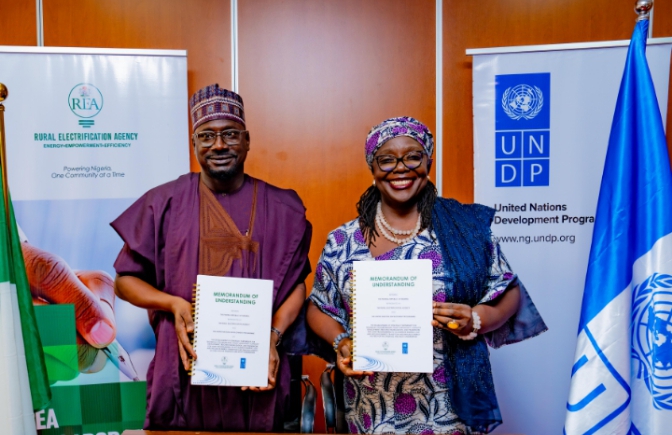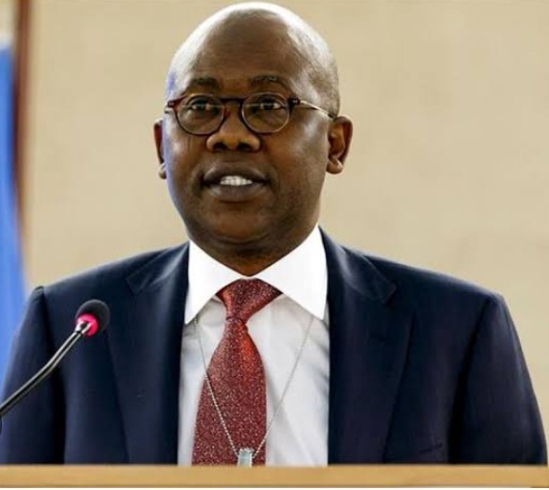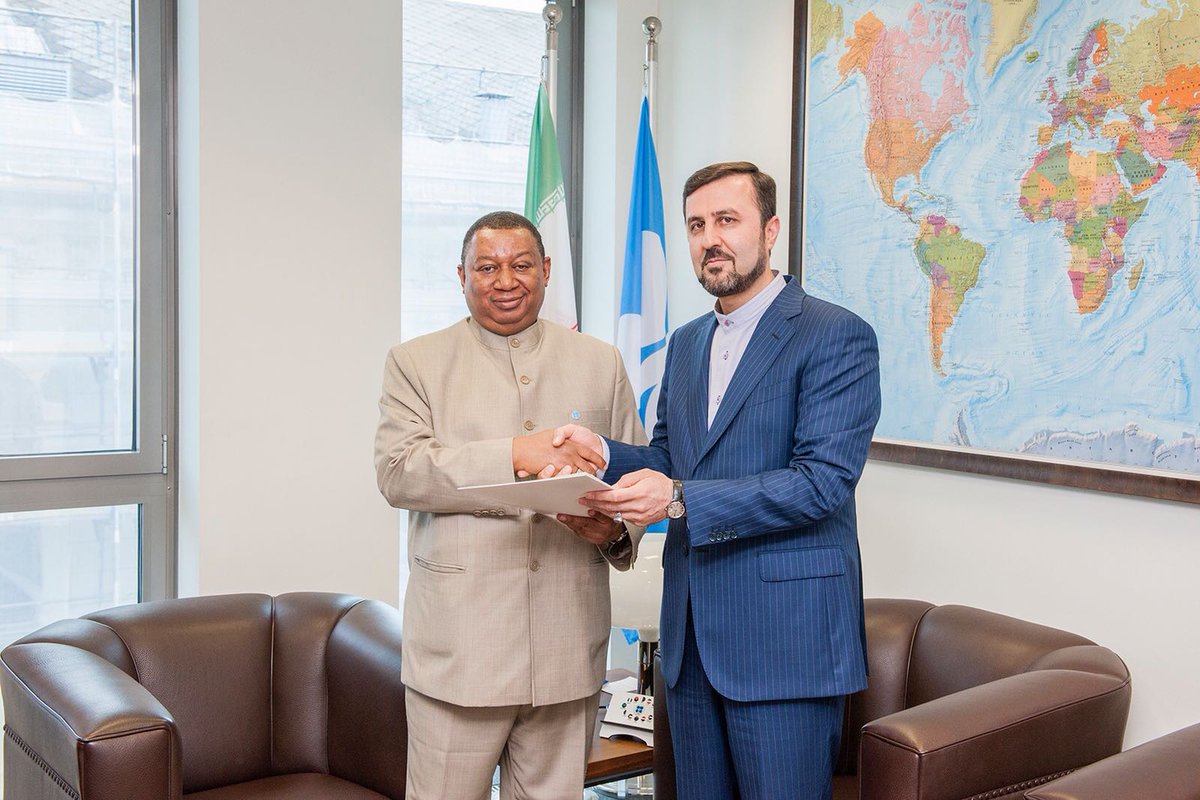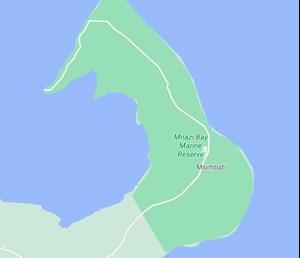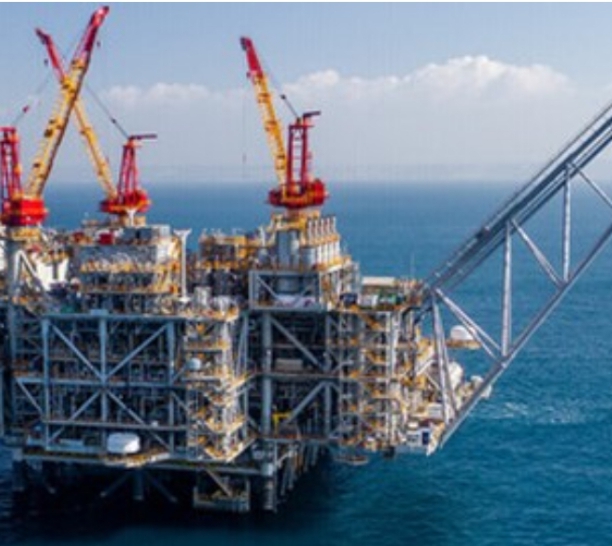Iran told Organization of the Petroleum Exporting Countries (OPEC) on Sunday no member country should be allowed to take over another member’s share of oil exports, expressing Tehran’s concern about Saudi Arabia’s offer to pump more oil in the face of U.S. sanctions on Iranian oil sales.
In a meeting with OPEC Secretary-General Mohammad Barkindo, a senior Iranian diplomat urged him to keep the group out of politics.
“No country is allowed to take over the share of other members for production and exports of oil under any circumstance, and the OPEC Ministerial Conference has not issued any license for such actions,” Iran’s oil ministry news agency SHANA quoted Kazem Gharib Abadi, the permanent envoy to Vienna-based international organizations, as saying.
In May, U.S. President Donald Trump pulled out of an international nuclear deal with Iran and announced sanctions against the OPEC member. Washington is pushing allies to cut imports of Iranian oil to zero and will impose a new round of sanctions on Iranian oil sales in November.
Iran is the third-largest oil producer in the Organization of the Petroleum Exporting Countries after Saudi Arabia and Iraq.
Trump has called on OPEC to pump more oil to bring down prices. Energy ministers of Saudi Arabia, a U.S. ally, and Russia said in May they were prepared to ease output cuts to calm consumer worries about supply.
“Iran believes that OPEC should strongly support its members at this stage and stop the plots of countries trying to politicise this organization,” Gharibabadi said.
Regional rivals Saudi Arabia and Iran are involved in proxy wars, including in Yemen and Syria.
Iran and other signatories of the nuclear deal, including Britain, France, Germany, Russia and China, have been working to find a way to salvage the agreement despite U.S. pressures.
Iran’s vice president said on Sunday that the government was seeking solutions to sell oil and transfer its revenues despite fresh U.S. sanctions on Iranian energy and banking sectors.
“We are hopeful that the European countries can meet their commitments but even if they cannot, we are seeking solutions to sell our oil and transfer its revenues,” Eshaq Jahangiri was quoted as saying by the state news agency IRNA.
Jahangiri said European countries had promised to make up for Iran’s loss after the new round of U.S. sanctions hit its energy and banking sectors, but did not give more details.
In August, Washington imposed sanctions on acquisition of U.S. dollar bank notes by the government of Iran, Iran’s trade in gold and precious metals, and its automotive sector.
On Nov. 4, Washington will reimpose sanctions on Iran’s oil exports and energy sectors, financial institutions conducting transactions with the Central Bank of Iran, as well as sanctions related to Iran’s port operators and shipping sectors.
Source: NAN

